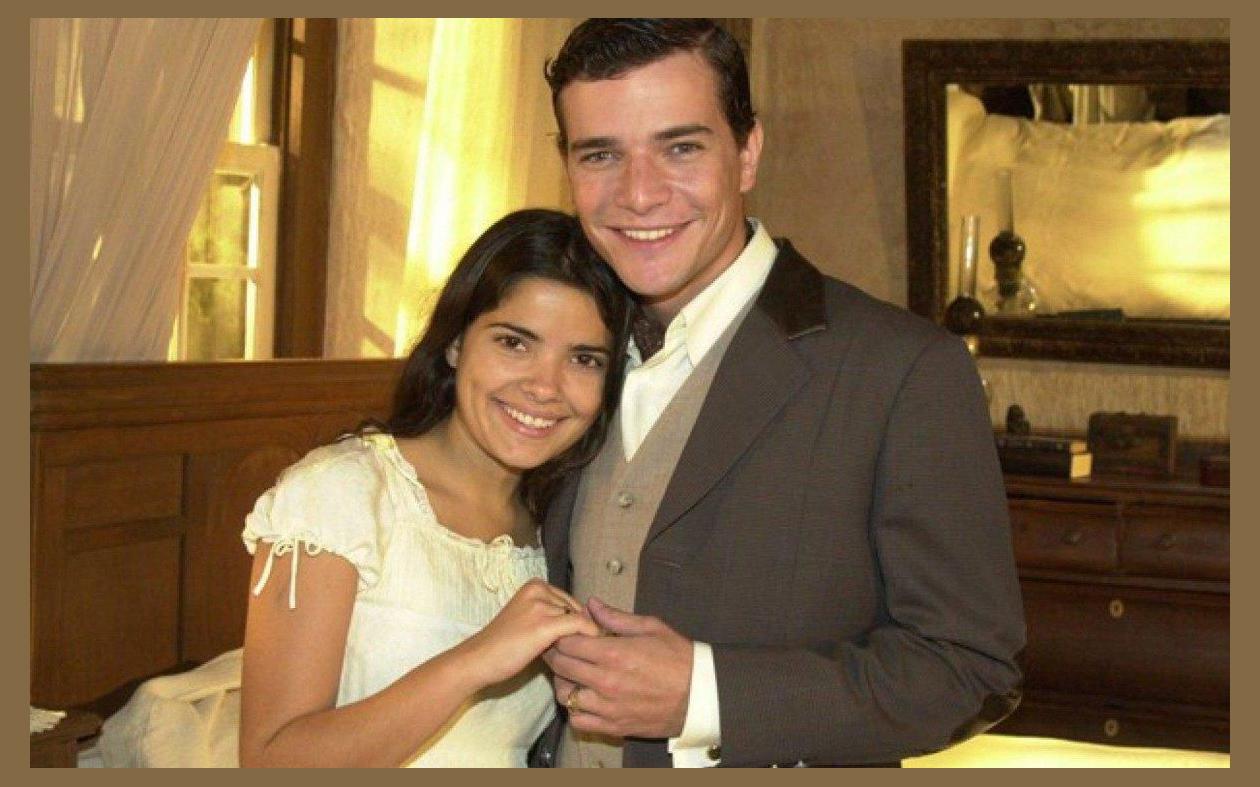 Cabocla (novela)
Cabocla (novela)
Cabocla: A Symphony of Samba and Controversy
Amidst the vibrant streets of Rio de Janeiro, emerged a musical ensemble that would captivate hearts and ignite controversy: Cabocla. Led by the enigmatic singer Sandra de Sá, they ascended to prominence in the late 1970s with their infectious rhythms and poignant lyrics.
The Song That Defined a Band
Their defining anthem, "Céu de Santo Amaro," became an instant classic. Its haunting melody and lyrics, which painted a vivid portrait of the working-class neighborhood of Santo Amaro, resonated deeply with Brazilians from all walks of life. The song catapulted Cabocla to the forefront of the samba scene.
Challenges and Triumphs
Cabocla's journey was not without its obstacles. The band faced accusations of cultural appropriation, as they incorporated elements of indigenous music into their repertoire. However, their unwavering commitment to authenticity and their ability to bridge musical divides ultimately won over critics.
Musical Evolution and Discography
Over the years, Cabocla's sound evolved, incorporating influences from funk, soul, and pop. Their discography is a testament to their versatility, ranging from the samba-infused "Magia" to the more introspective "Encontro das Águas."
Members and Collaborations
The core members of Cabocla included Sandra de Sá (vocals), Mario Sève (guitar), and Luiz Cláudio Ramos (bass). They have collaborated with a wide array of musicians, including Vinicius de Moraes, Gilberto Gil, and Milton Nascimento.
Legacy and Impact
Cabocla's music continues to inspire and captivate generations of Brazilians. Their ability to fuse traditional rhythms with contemporary sounds has made them a significant force in the evolution of Brazilian popular music. Despite the controversies they faced, their legacy as one of the most influential samba bands of all time remains unyielding.
Amidst the vibrant streets of Rio de Janeiro, emerged a musical ensemble that would captivate hearts and ignite controversy: Cabocla. Led by the enigmatic singer Sandra de Sá, they ascended to prominence in the late 1970s with their infectious rhythms and poignant lyrics.
The Song That Defined a Band
Their defining anthem, "Céu de Santo Amaro," became an instant classic. Its haunting melody and lyrics, which painted a vivid portrait of the working-class neighborhood of Santo Amaro, resonated deeply with Brazilians from all walks of life. The song catapulted Cabocla to the forefront of the samba scene.
Challenges and Triumphs
Cabocla's journey was not without its obstacles. The band faced accusations of cultural appropriation, as they incorporated elements of indigenous music into their repertoire. However, their unwavering commitment to authenticity and their ability to bridge musical divides ultimately won over critics.
Musical Evolution and Discography
Over the years, Cabocla's sound evolved, incorporating influences from funk, soul, and pop. Their discography is a testament to their versatility, ranging from the samba-infused "Magia" to the more introspective "Encontro das Águas."
Members and Collaborations
The core members of Cabocla included Sandra de Sá (vocals), Mario Sève (guitar), and Luiz Cláudio Ramos (bass). They have collaborated with a wide array of musicians, including Vinicius de Moraes, Gilberto Gil, and Milton Nascimento.
Legacy and Impact
Cabocla's music continues to inspire and captivate generations of Brazilians. Their ability to fuse traditional rhythms with contemporary sounds has made them a significant force in the evolution of Brazilian popular music. Despite the controversies they faced, their legacy as one of the most influential samba bands of all time remains unyielding.